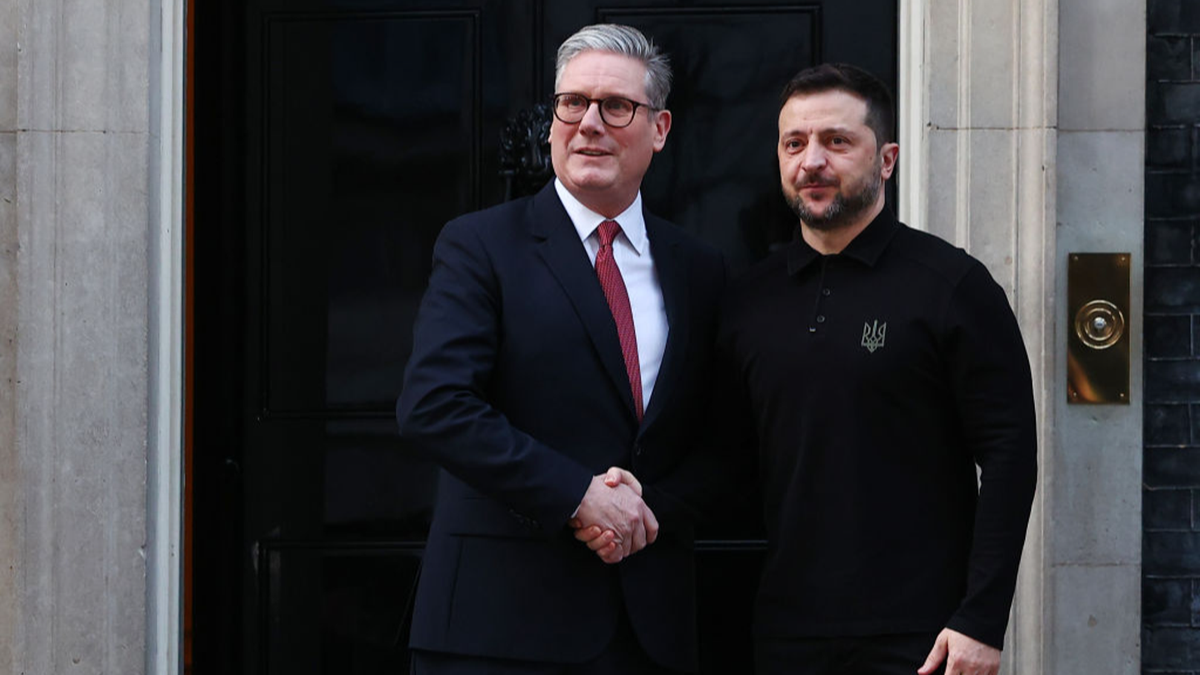Betting and Gaming Council members are expected to contribute a record £105m in levy payments to the Horserace Betting Levy Board for last year, new figures reveal.
The figure, provided by the independent Horserace Betting Levy Board, is an increase of £5m on the previous year.
As a result of this record additional funding from bookmakers, the HBLB announced an increase of £3.2m in its prize money contribution for 2024 versus 2023, from £67.3m to £70.5m.
It is the third year in a row that Levy contributions have increased, from £97m in 2021/22, to £100m in 2022/2023 and now £105m in 2023/2024.
According to the Horserace Betting Levy Board, the £105m total is derived from the receipt of provisional end of year submissions from most Levy-paying bookmakers.
Michael Dugher, Betting and Gaming Council CEO and Acting Chair, said: “This record contribution to the Levy is extremely welcome news and demonstrates once again the enduring, mission critical support regulated betting provides British horseracing.
“Despite a double digit decline in horserace betting turnover over the past five years – and a double digit decline in racecourse attendances – this shows that levy contributions and prize money are both up, and it once again provides a timely reminder that racing could not survive without the record financial support that is flowing from betting.
“Our members remain committed to the long-term success of horseracing, and the huge economic contribution it makes across the country, especially in rural communities.
“Attention must now turn to how we challenge vested interests, introduce real change and reform the sport, ensuring we reverse the current decline and provide racing with a genuinely long term sustainable future.”
Horseracing is the second biggest spectator sport in the UK, second only to football, with around five million people attending approximately 1400 fixtures annually across 59 racecourses.
However, the sport has been in decline in recent years. In 2007, 17% of the population enjoyed horserace betting the previous year, but that fell to 10% in 2018, while racecourse attendances have dropped by 14% since 2019.
Meanwhile, horserace betting turnover for April to December 2023 is down 17% vs the average for the same period across the last five years.
The BGC has made significant efforts to lessen the impacts on racing as a result of the Government’s White Paper on gambling reforms, particularly on the issue of affordability.
Earlier this month the BGC announced a new voluntary industry Code on Customer Checks which raises standards, while reducing the need for requests for private financial documents.
Developed jointly with the Gambling Commission and backed by Government, this Code will operate as a voluntary interim scheme – bringing consistency across the regulated sector for operators who adopt it – until the frictionless financial risk assessments set out in the Government’s White Paper can be developed, tested and implemented.
While this Code delivers progress on resolving the issue of intrusive document checks, it does not offer a complete solution. So, the BGC and GC are now actively working on a new Code on Anti-Money Laundering checks, which also trigger requests for documents.
The BGC is currently working with the British Horseracing Authority and government to resolve a settlement on a new voluntary Levy to support horseracing.
It is estimated BGC members contribute around £350m a year to British horseracing in Levy, media rights and sponsorship deals.
Meanwhile the wider regulated betting and gaming sector supports 110,000 jobs, generates £4.2bn in tax and contributes £7.1bn to the economy.
Each month around 22.5m adults in Britain enjoy a bet, whether it’s buying a lottery ticket, having a game of bingo, visiting a casino, playing online or having a wager on football, horseracing and other sports.
The most recent NHS Health Survey for England estimated that 0.4% of the adult population are problem gamblers.













